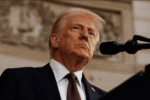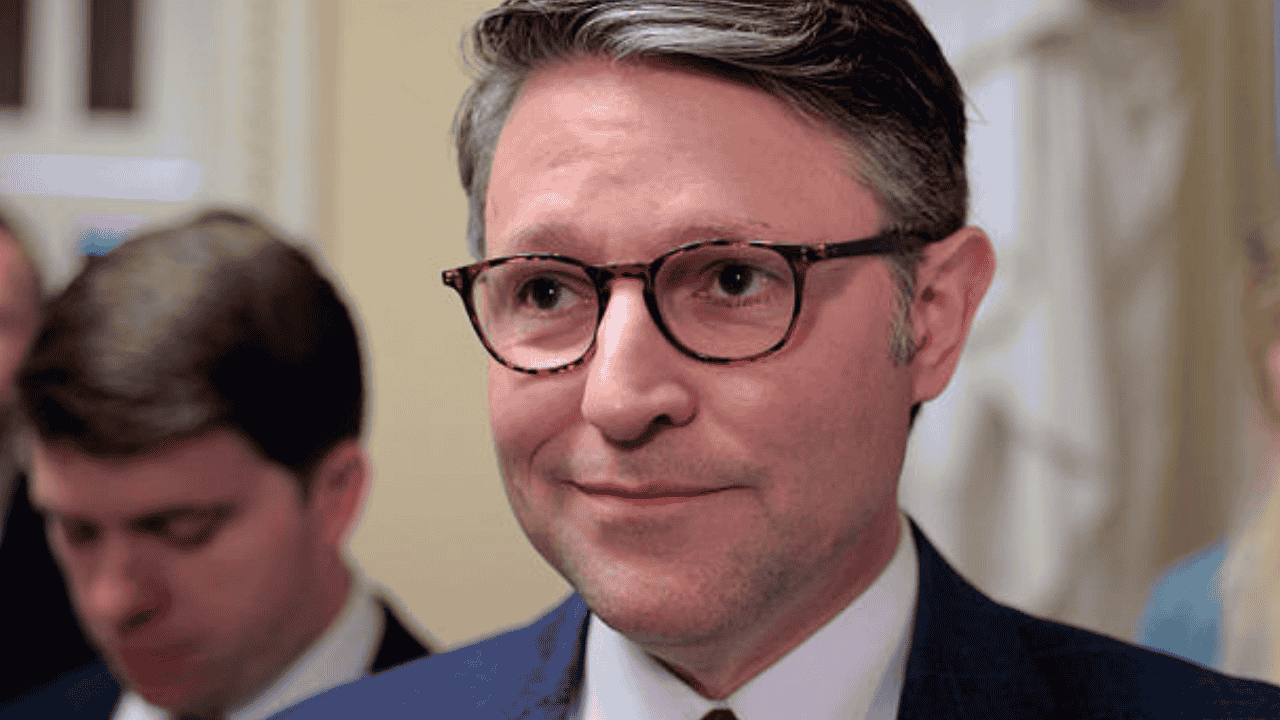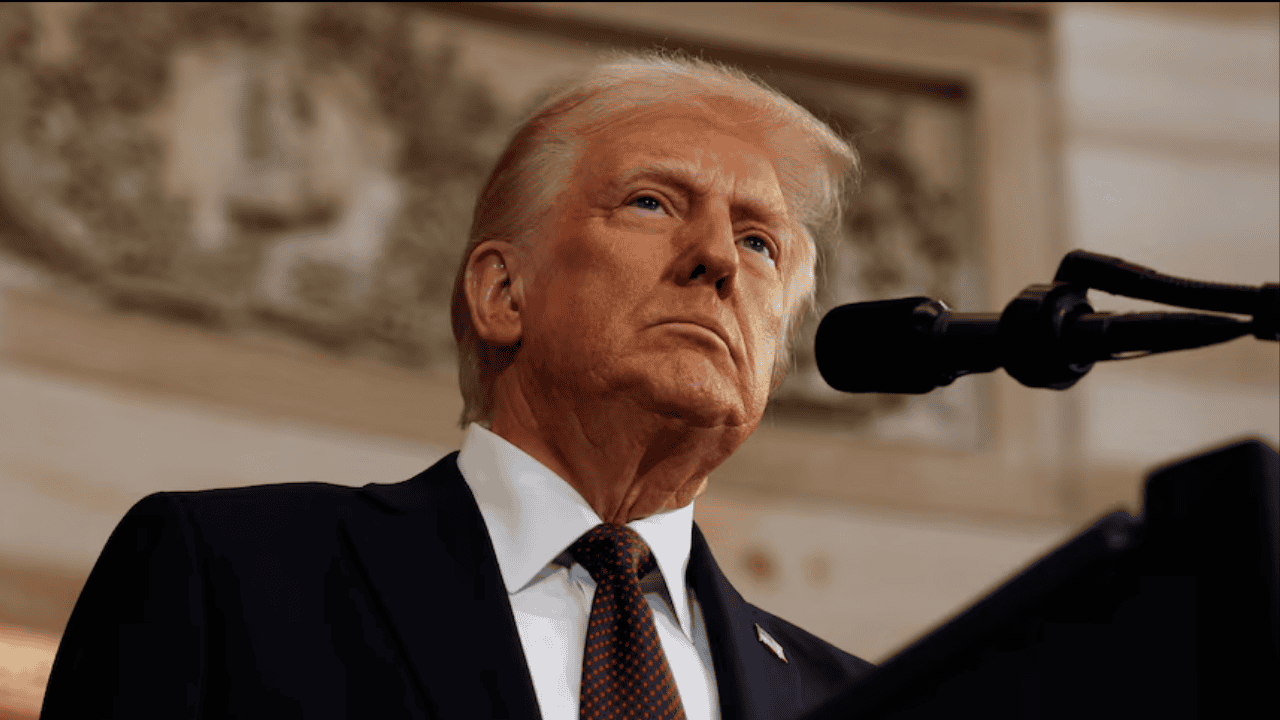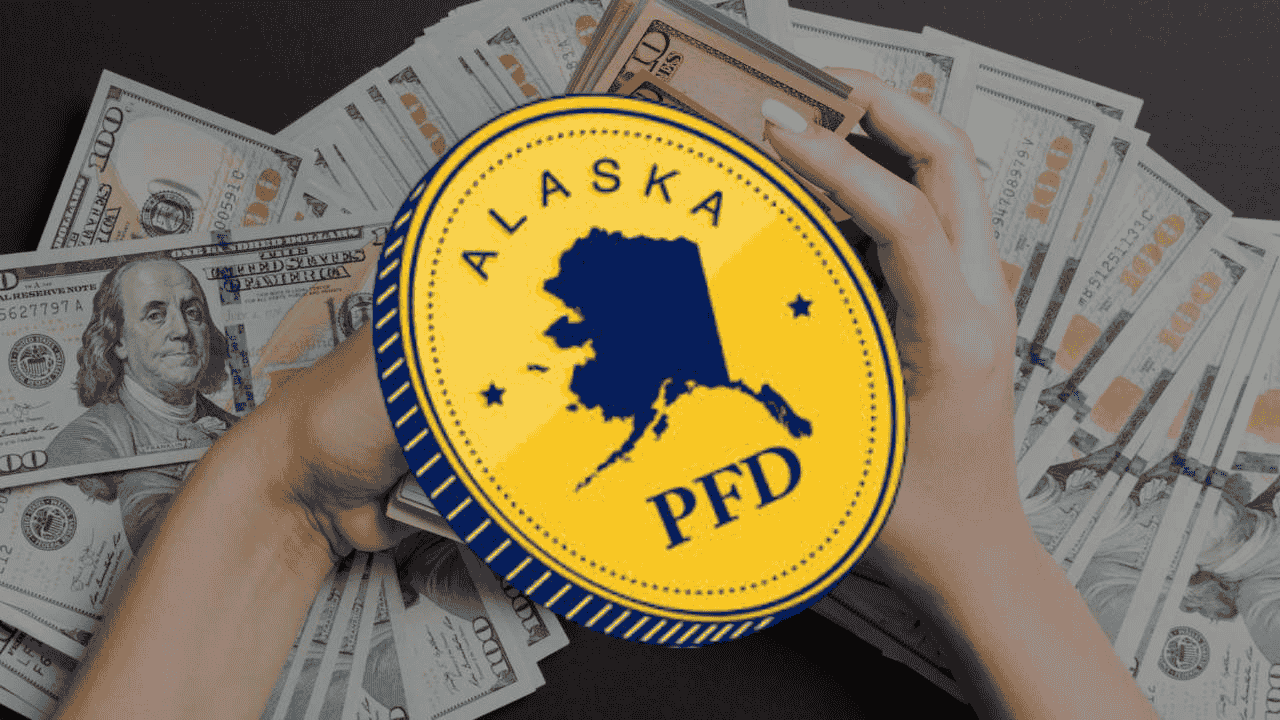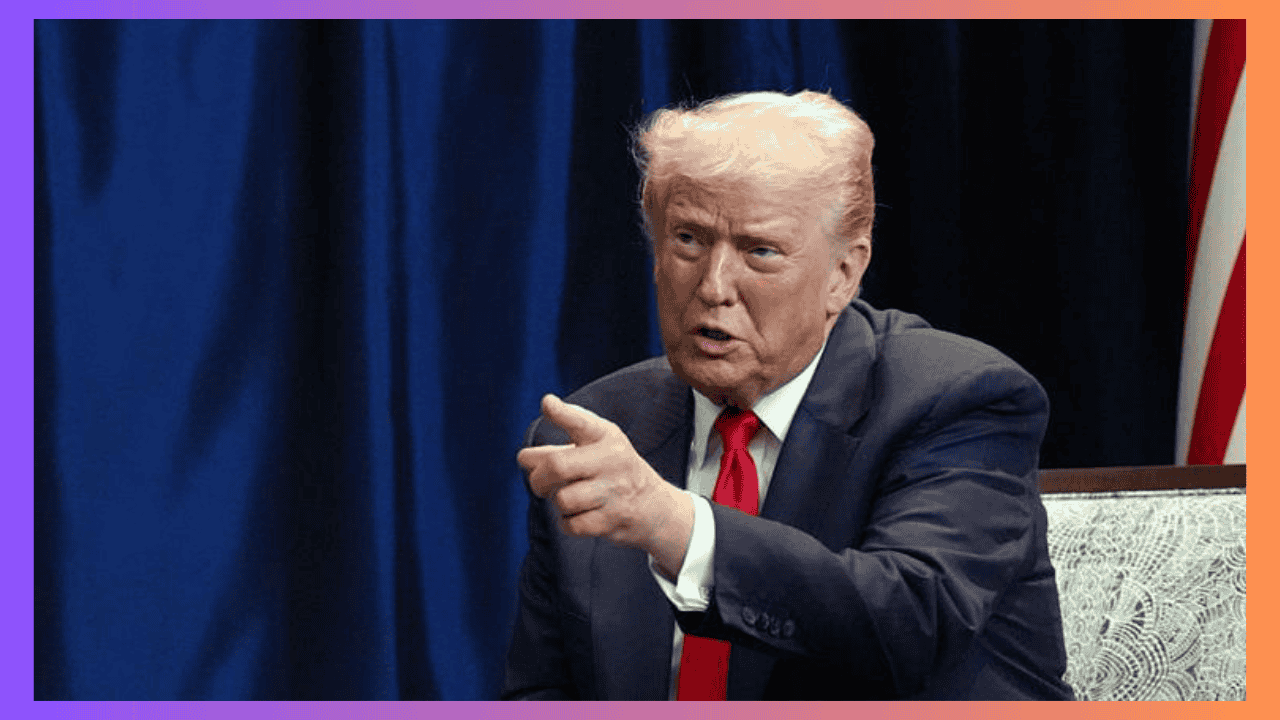President Donald Trump announced that the United States will not send any government officials to the upcoming G20 Summit in South Africa, citing serious human rights concerns. His statement, made on Truth Social, alleged that white Afrikaners in South Africa face violence and land seizures, claims that South African officials firmly deny.
The decision has sparked diplomatic tension between Washington and Pretoria, as South Africa’s government called the move “regrettable” and dismissed Trump’s allegations as unfounded. The controversy adds to ongoing disagreements between the two countries, ranging from domestic land policies to South Africa’s stance in global conflicts.
U.S. Withdraws from G20 Summit
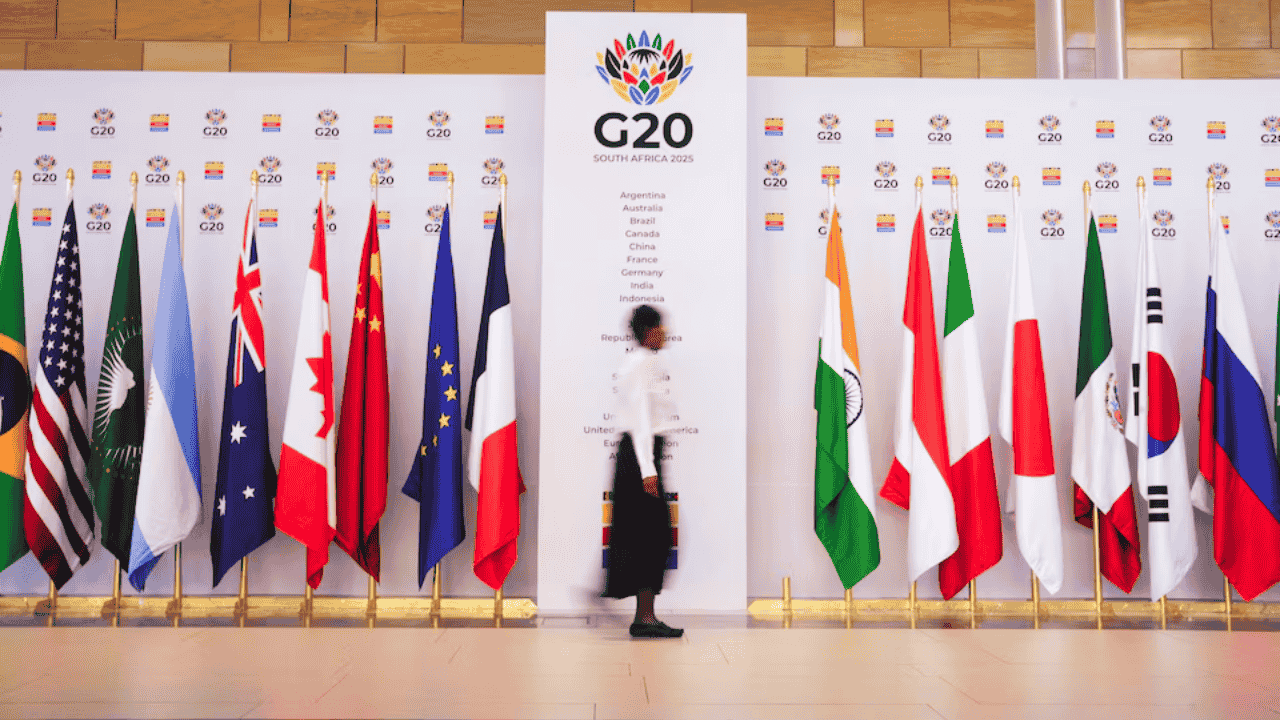
President Trump confirmed on Friday that no representatives from the U.S. government would attend the G20 Summit scheduled for later this month in Johannesburg. He cited what he described as continuing human rights violations in South Africa. According to his remarks, the actions against Afrikaner farmers amount to “killings, confiscation of land, and serious abuses.”
Trump stated, “As long as these abuses continue, no U.S. government official will attend the South Africa G20 Summit. I look forward to hosting the 2026 G20 Summit in Miami, Florida.”
South Africa Responds to Trump’s Allegations
In response, South Africa’s Department of International Relations and Cooperation expressed disappointment with Washington’s decision. The ministry reiterated that the President’s comments are not supported by factual evidence and insisted that all citizens in South Africa are protected under its democratic constitution.
“The suggestion that Afrikaners face systemic persecution is not substantiated by fact,” the ministry said, emphasizing that South Africa’s history of overcoming racial inequality positions it to promote unity and equality globally. The government added that it remains committed to hosting a productive and inclusive G20 gathering despite the absence of U.S. participation.
Vice President JD Vance Pulls Out of Trip
Vice President JD Vance was originally scheduled to lead the U.S. delegation at the summit on November 22–23. However, a White House official confirmed that he will no longer attend following the President’s directive.
This is not the first diplomatic boycott between the two nations in recent months. Earlier this year, U.S. Secretary of State Marco Rubio skipped a G20 foreign ministers’ meeting held in South Africa under similar circumstances.
Broader Disagreements Between Washington and Pretoria
Relations between the United States and South Africa have been under strain over several issues. Besides land reform and human rights disputes, South Africa has also taken a position at the International Court of Justice accusing Israel of genocide amid the Gaza conflict—a stance Washington strongly opposes.
Last month, President Trump also announced a historic reduction in the U.S. refugee intake, saying priority would be given to white Afrikaners and others fleeing similar conditions. This move further stirred global political discussions around race, migration, and international responsibility.
What Lies Ahead
Despite the current diplomatic rift, both nations remain key players within the G20, which focuses on global economic cooperation and development. South Africa currently holds the G20 presidency from December 2024 to November 2025, after which the United States will assume the role in 2026.
For more background on G20 and its objectives, visit the official G20 information portal (https://www.g20.org).


